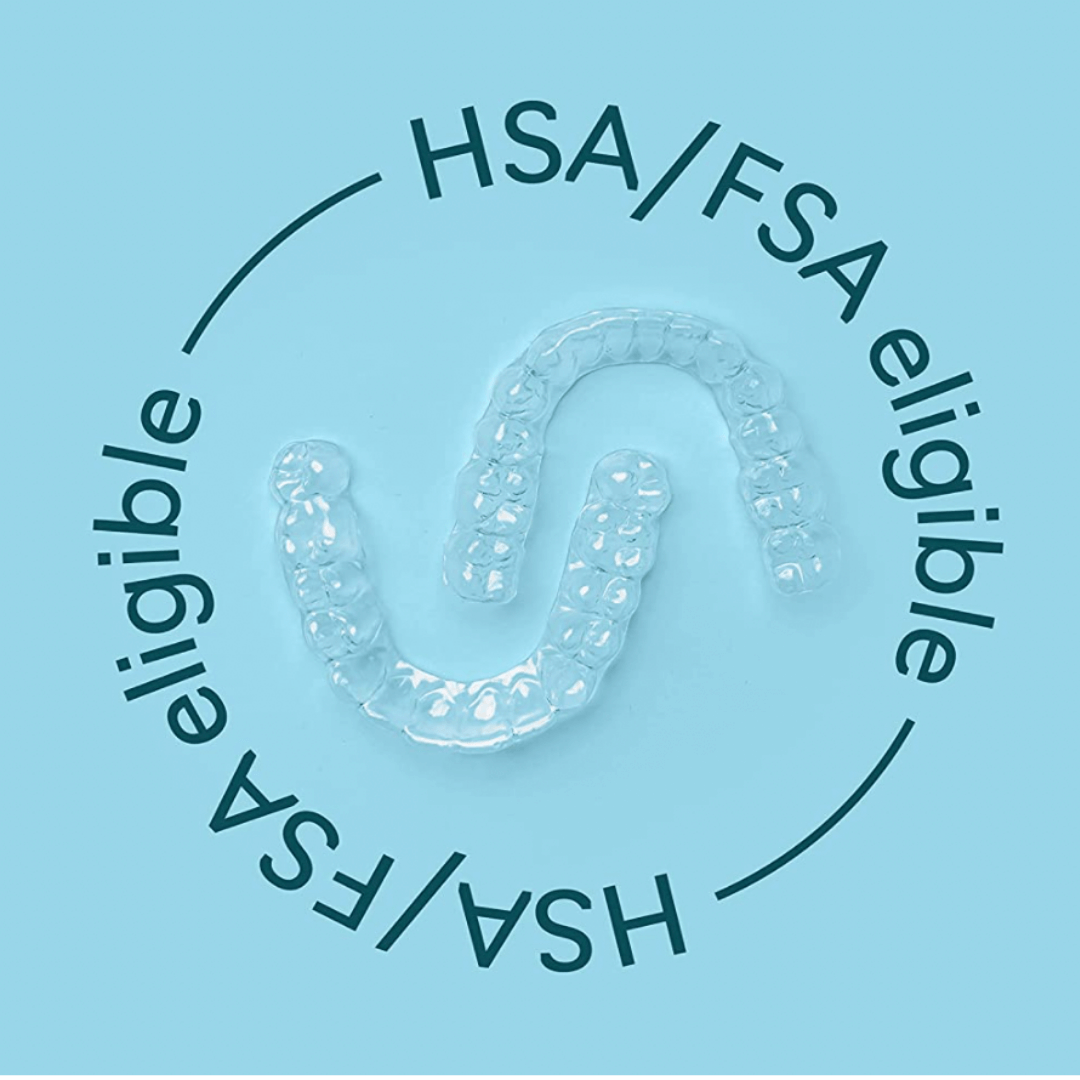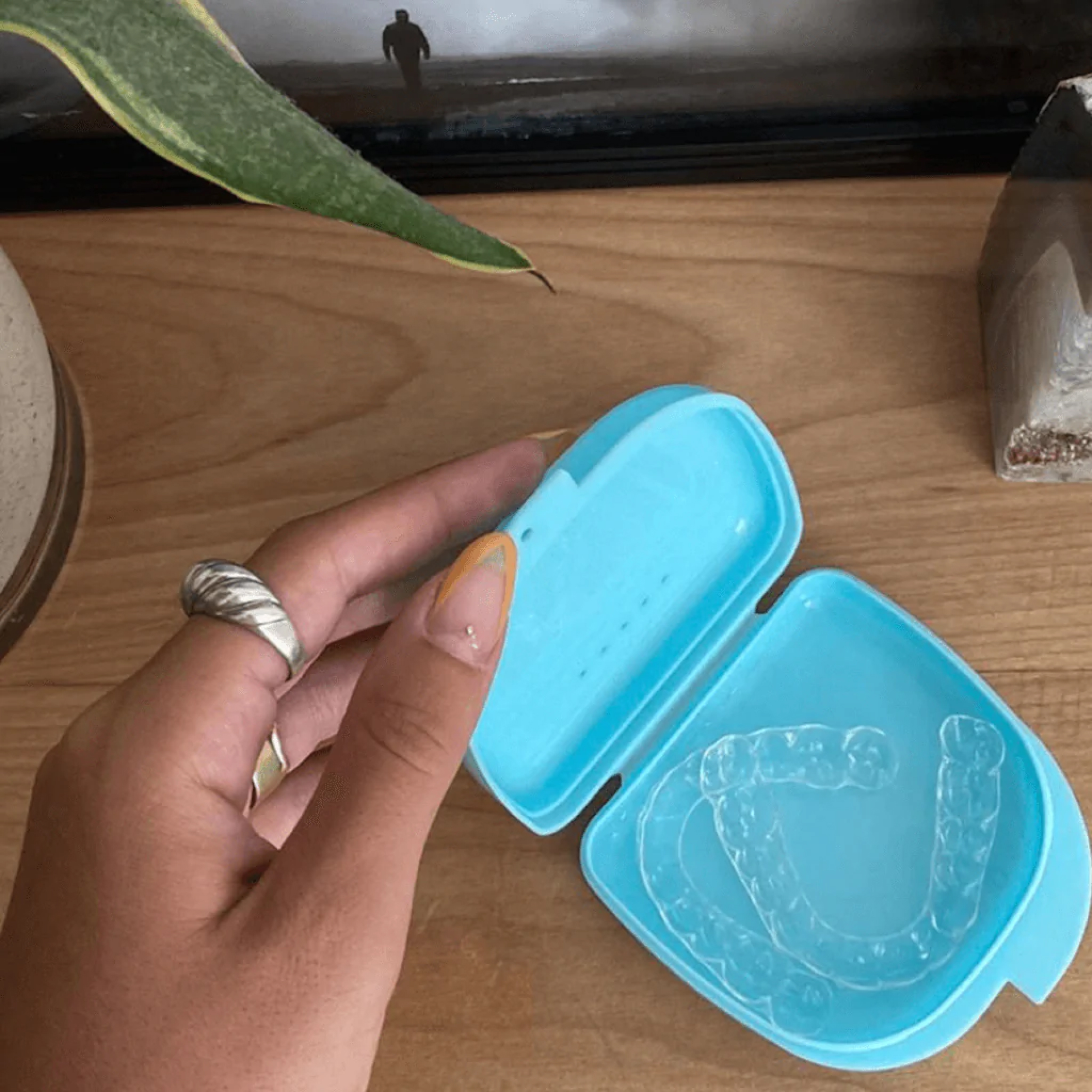How to Get the Perfect Custom Night Guard for Your Dental Needs
A good night's sleep is essential for our overall health and well-being, but for those who suffer from bruxism or teeth grinding, it can be difficult to achieve. Wearing a night guard is one effective solution to protect your teeth and ensure a comfortable night's sleep. With so many options available, it might be overwhelming to find the perfect custom night guard for your specific dental needs. This comprehensive guide will help you understand the importance of night guards, the different types available, and how to choose the right one for you.
Understanding the Importance of Night Guards
Night guards serve multiple purposes, providing protection and comfort for those who suffer from bruxism or related issues. To fully appreciate their value, it is essential to explore the benefits they provide.
Protecting Your Teeth from Grinding and Clenching
Teeth grinding and clenching, also known as bruxism, is a common issue for many people, leading to severe dental problems if left untreated. The friction caused by grinding wears down tooth enamel, making teeth more vulnerable to cavities and decay. A custom-fitted night guard can help alleviate this pressure and protect your teeth from damage due to grinding and clenching.
It is essential to understand the impact of bruxism on your oral health. The constant grinding and clenching can cause your teeth to shift, leading to misalignment and bite issues. Additionally, the pressure can cause your gums to recede, exposing the roots of your teeth and increasing your risk of gum disease.
A night guard can also provide relief from the pain and discomfort associated with bruxism. The cushioning effect of the guard can reduce the tension on your teeth, jaw, and neck muscles, allowing you to sleep more comfortably.
Preventing Jaw Pain and Headaches
Bruxism can cause tension and stress on your jaw muscles, potentially leading to chronic jaw pain and headaches. Wearing a night guard can prevent these uncomfortable symptoms by providing a cushion between your upper and lower teeth, relieving the stress on your jaw muscles.
It is crucial to address any jaw pain or headaches promptly, as they can impact your daily life and lead to further health issues. Chronic pain can affect your mood, sleep, and overall well-being, making it difficult to focus on work or enjoy leisure activities.
Reducing the Risk of Tooth Damage
Teeth grinding and clenching can cause significant damage to your teeth, including cracks, chips, and even tooth loss in severe cases. A night guard acts as a barrier between your teeth, reducing the force of grinding and minimizing the risk of tooth damage.
It is important to note that night guards are not a cure for bruxism. While they can provide relief from symptoms and protect your teeth, it is essential to address the underlying cause of your bruxism. Stress, anxiety, and sleep disorders can all contribute to teeth grinding and clenching, and addressing these issues can help alleviate your symptoms.
If you suspect that you may be suffering from bruxism or are experiencing any of the symptoms associated with teeth grinding and clenching, speak to your dentist. They can help diagnose the issue and recommend the best course of treatment for your individual needs.
Types of Night Guards
Teeth grinding, also known as bruxism, can cause a range of dental issues, including tooth wear, jaw pain, headaches, and even cracked teeth. Fortunately, night guards can help protect your teeth and alleviate these symptoms. There are several types of night guards available, each designed to suit different needs and preferences. Understanding the differences between these options can help you make an informed decision about which one is best for you.
Soft Night Guards
Soft night guards are made from a flexible, rubber-like material that provides a cushion between your teeth. They are usually more comfortable and easier to adapt to than other types of night guards. Soft night guards can be an excellent option for those with mild to moderate bruxism.
Soft night guards are also a good choice for people who have sensitive teeth or gums. The soft material provides a gentle barrier between your teeth, which can help reduce sensitivity and discomfort.
However, it's important to note that soft night guards may not be as durable as other types of guards. If you have severe bruxism or tend to grind your teeth aggressively, a soft night guard may not provide enough protection.
Dual Laminate Night Guards
Dual laminate night guards feature a soft inner layer for comfort and a hard outer layer for durability. This combination offers increased protection for people with moderate to severe bruxism or those who require additional support for other dental issues such as TMJ disorders.
The soft inner layer of a dual laminate night guard provides cushioning for your teeth, while the hard outer layer helps prevent wear and tear on the guard itself. This can make dual laminate night guards a good choice for people who grind their teeth heavily or have a history of breaking their night guards.
However, dual laminate night guards may be more expensive than other types of guards due to their construction. They may also feel bulkier in your mouth than softer guards, which can take some getting used to.
Hard Night Guards
Hard night guards are made from a rigid acrylic material that provides maximum protection against teeth grinding and clenching. They are typically recommended for people with severe bruxism or more complex dental issues. While they may take some time to adjust to, hard night guards offer superior durability and long-lasting protection.
Hard night guards are also a good choice for people who have a history of breaking or chewing through softer guards. The hard material can withstand heavy grinding and clenching without wearing down or breaking.
However, hard night guards can take some time to get used to. They may feel bulky or uncomfortable at first, and some people may experience jaw pain or soreness while adjusting to them.
Overall, the type of night guard that's best for you will depend on your individual needs and preferences. Talk to your dentist about your options and they can help you choose the right guard for your needs.
Assessing Your Individual Needs
Choosing the right night guard involves a careful evaluation of your unique needs and preferences. Consider the following factors when making your decision:
Identifying the Severity of Your Bruxism
The severity of your bruxism plays a crucial role in determining the best type of night guard for you. People with mild bruxism might prefer a soft night guard for its comfort, while those with moderate to severe bruxism may require the added protection of a dual laminate or hard night guard.
Considering Your Comfort and Fit Preferences
Comfort is an essential factor when choosing a night guard. If you can't tolerate wearing it, you are less likely to use it consistently, which could diminish its effectiveness. Consider a material and design that you feel will be comfortable and easy to get used to.
Consulting with Your Dentist
Discussing your dental needs with a professional is a crucial step in choosing the right night guard. Your dentist can assess your condition, recommend the best type of night guard for you, and make sure it's properly fitted for maximum comfort and effectiveness.
How to Get a Custom Night Guard
Obtaining a custom night guard involves several steps, from making dental impressions to choosing the material and thickness best suited to your needs. Here's how to get started:
Dental Impressions and Molds
A custom night guard requires accurate dental impressions to ensure a perfect fit. Your dentist will take impressions of your teeth using a special material, which is then used to create a mold. This mold acts as a blueprint for crafting your custom night guard, so it fits perfectly over your teeth and provides optimal comfort and protection.
Choosing the Right Material and Thickness
After your dentist has taken your dental impressions, you'll need to select the material and thickness of your night guard. This choice will depend on the severity of your bruxism and your personal preferences. Discuss these options with your dentist to determine what will work best for you.
Ordering Your Custom Night Guard Online or Through Your Dentist
Once you've made your material and thickness selections, you can either order your custom night guard directly through your dentist or online. Many dental professionals partner with specialized labs that create custom night guards, while some online services offer do-it-yourself impression kits and direct-to-consumer options. Regardless of which route you choose, ensure that the company you select has a solid reputation and offers a satisfaction guarantee to ensure you're getting the best possible product for your needs.
Choosing the perfect custom night guard might seem like a daunting task, but with the right information and guidance from your dentist, you can find the ideal solution for your dental needs. Start your journey towards a more comfortable, protected night's sleep today!




